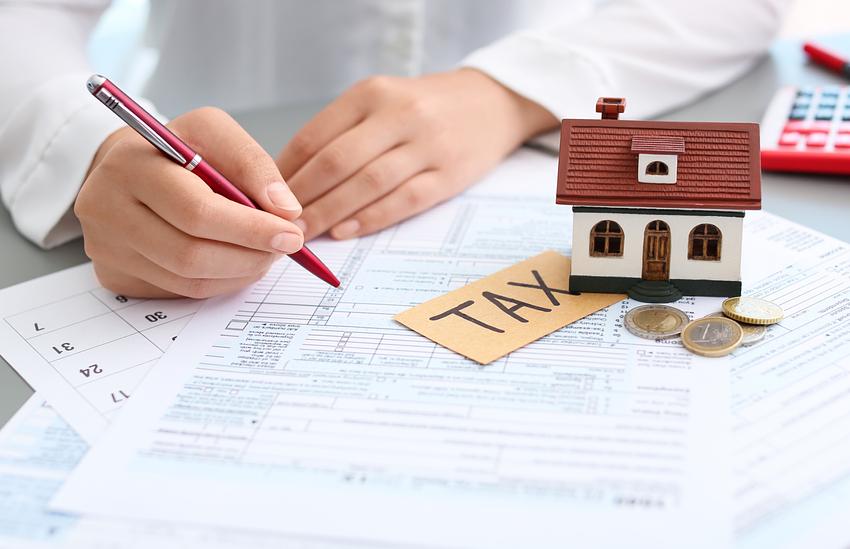Property taxes in Thailand ( part 1 )

Property taxation in Thailand encompasses various categories, and the particular tax responsibilities individuals encounter are contingent upon property type and its intended purpose. Here, we provide a comprehensive outline:
1. Land and Building Tax:
- Starting in 2020, Thailand has implemented a fresh Land and Building Tax Law, effectively supplanting the former House and Land Tax along with the Local Development Tax. This revised tax legislation applies to both individual property owners and legal entities such as corporations that own land and buildings.
- The tax rate adheres to a progressive framework, with its calculation contingent on the assessed values of both the land and the buildings. These rates differ across categories, which include agricultural land, residential real estate, commercial properties, and unutilized land.
- Local authorities are usually responsible for conducting the tax evaluation, this involves evaluating the value of the property. Subsequently, the property holder is obligated to remit the annual tax amount.
- It's of utmost importance to underscore that the Land and Building Tax is the responsibility of the property owner., regardless of whether they are a Thai national or a foreign individual.
2. Transfer Fee:
- The transfer fee is a single payment that the purchaser makes when transferring property ownership. The calculation of this fee is based on the assessed value of the property and varies depending on the type of property involved.
3. Stamp Duty:
- Similarly, is a singular payment borne by the buyer during property transfer. The calculation of this duty is determined by either the purchase price or the assessed value, selecting the higher of the two.
4. Specific Business Tax (SBT):
- SBT (Specific Business Tax) comes into play if you decide to sell a property within the initial five years of ownership. The computation of SBT relies on either the assessed value or the actual selling price, with the higher of the two being chosen as the basis for assessment.
5. Withholding Tax:
- Withholding tax is relevant when the seller of a property is a juristic entity (such as a company) instead of an individual. In such instances, the buyer is mandated to retain a portion of the overall purchase amount and transmit it to the Revenue Department. This rate generally stands at 1% of the total sale value or the officially assessed value, depending on which amount is greater.
6. Local Development Tax (LDT):
- The Land and Building Tax has superseded the Local Development Tax. Nevertheless, it's worth noting that in certain regions, you might still come across Local Development Tax regulations that levy supplementary taxes on property possession.
Seeking our authorities, and tax specialist is crucial to gaining clarity on your precise tax responsibilities, which are contingent upon factors such as your property type, location, and personal situation. It's essential to highlight that property tax regulations are subject to potential changes, emphasizing the need to remain updated on the most recent requirements to maintain compliance and mitigate potential legal issues.
Furthermore, it's worth considering that certain property taxes may be open to negotiation as part of the purchase contract. Therefore, it is advisable to engage in discussions about these aspects with both the seller and your legal counsel when engaging in property transactions in Thailand.


